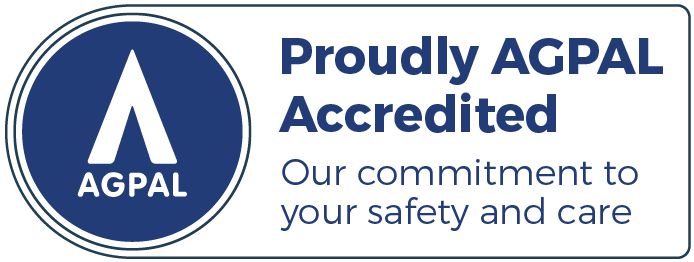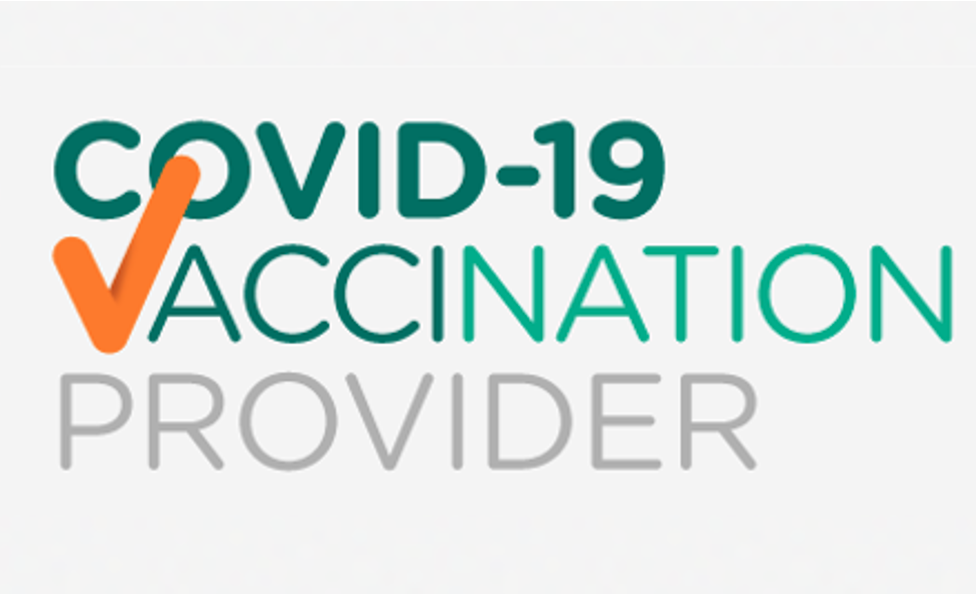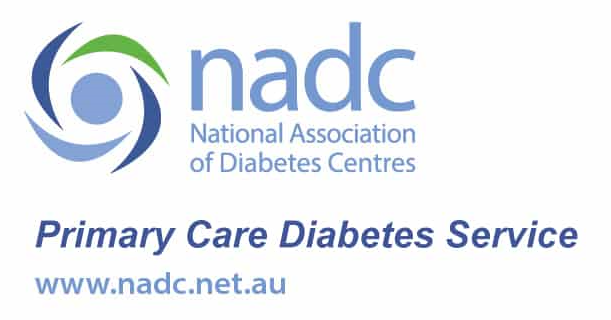
Look after your heart this February!
“Day of Hearts” Day is celebrated on 14 February and encourages us all to take care of our hearts.
Heart disease is the leading cause of death in Australia. One Australian dies every 27 minutes from heart disease and someone has a heart attack every 9 minutes. It is also a major cause of disability. With February being the heart disease awareness month, this article will explore what you can do to help reduce your risk of developing heart disease and how the team at Next Practice Deakin may be able to help.
There are multiple risk factors that increase your risk for heart disease. Some of these are modifiable but some are not.
What are the heart disease risk factors that I cannot change?
- Age. Risk of heart diseases increases with age. Men age 45 and older and women age 55 and older have a greater risk.
- Sex. Incidences of heart disease vary across men and women across varying ages.
- Race or ethnicity. There are certain groups that have higher risks than others.
- Family history. There is a greater risk if you have a close family member who has had heart disease at an early age.
Fortunately, there are many things that can be done to reduce the chances of getting heart diseases.
What are the risk factors that I can do to lower my risk?
- Control your blood pressure. High blood pressure is a major risk factor for heart disease. It is important to get your blood pressure checked regularly. The Royal Australian College of General Practitioners (RACGP) recommends checking your blood pressure at least once every 2 years after the age of 18, and more frequently depending on your other risk factors.
- Keep cholesterol levels under control. High levels of cholesterol can clog your arteries and increase the risk of heart attack. Lifestyle changes and medicines can lower your cholesterol.
- Maintain a healthy diet. Eat a healthy diet containing plenty of fresh fruit, vegetables and whole grains. Try to reduce foods and drinks containing saturated fats, high sodium and added sugar.
- Maintain a healthy weight. Being overweight or having obesity dramatically increases your risk for heart disease. Achieving a BMI of 20-25 is ideal. You can find out more about BMI at https://www.heartfoundation.org.au/bmi-calculator.
- Exercise regularly. The Royal Australian College of General Practitioners (RACGP) recommends doing some activity on most days of the week, avoiding prolonged sitting and aim to have break-up periods of sitting. It is recommended to accumulate 2.5-5 hours of moderate intensity physical activity or 1.25-2.5 hours of vigorous intensity physical activity per week. Muscle strengthening activities are advised, at least 2 days a week.
- Maintain a healthy lifestyle. Limiting alcohol, not smoking and reducing stress levels in life can reduce your risk of developing heart diseases. It is also important to make sure that you get enough sleep. Most adults need 7 to 9 hours of sleep per night.
- Managing other medical problems. Other medical problems like type 2 diabetes mellitus and sleep apnoea can significantly increase your risk of heart disease. It is important to see your healthcare provider regularly to maintain good control of these problems.
At Next Practice Deakin, the GPs believe in using technologies to help you to look after your own health in partnership with them. For example, the Next Practice patient’s phone app allows you to record your blood pressure readings and share them with your doctor at your follow-up visits. This allows practitioners to keep track of your BP and allow modification of medications if necessary. You can do the same with your weight and height. Your doctor can share information on diet, exercise, cholesterol, smoking cessation and so on and make these available onto your Next Practice app. The app can show your medications and you can schedule reminders. You can even see your own pathology results through the app.
Each of our rooms are named after inspirational people in health. One of the consultation rooms at Next Practice Deakin is named “The Hart Room”. This is named after Julian Tudor Hart who was a GP, researcher and writer in Wales, UK. He was the first GP to measure the blood pressure of all of his patients and after 25 years of doing so, produced the evidence to show how he reduced premature mortality by 30%. He proved how high quality records, teamwork and audit are the keys to health improvement.
As we embark on heart awareness month, why not take that next step and visit one of our friendly general practitioners for a “healthy heart check” and start the new year right by looking after your heart!
@Next Practice Deakin, the team based care, quality records and contemporary approach to measurement for improvement are foundational to our work. Our value of equity; that is providing care based on clinical need, is a core value.
Want to know more about what’s happening in Feb 2021 and how you can make a positive contribution? Check out the following links.
Heart Research Australia
Heart Research Month raises awareness on the importance of life-saving heart research, including preventing, diagnosing and treating heart disease. Wear Red Day occurs on 14 February to help raise awareness for cardiovascular disease. This day is supported by Heart Research Australia. For more information, visit www.heartresearch.com.au/wrd
International Childhood Heart Disease awareness day
Heartkids raises awareness for children’s heart disease and works towards reducing the occurrence of the disease. It provides irreplaceable support for children with heart disease and their families, as well as those who have lost young children. Sweetheart Day occurs on 14th of February and is launched by HeartKids Australia to encourage donations to continue their work providing support and advocacy, growing awareness and enabling further research into children’s heart disorders. Find out more at www.heartkids.org.au.
Heart Health Check
The heart health check is a comprehensive check to help you better understand your risk of heart disease and strokes. A video (https://youtu.be/dHGI9O6m3B0 ) from the Heart Foundation explains what this check is and what you can expect. More details are available at https://www.heartfoundation.org.au/heart-health-education/heart-health-checks .



